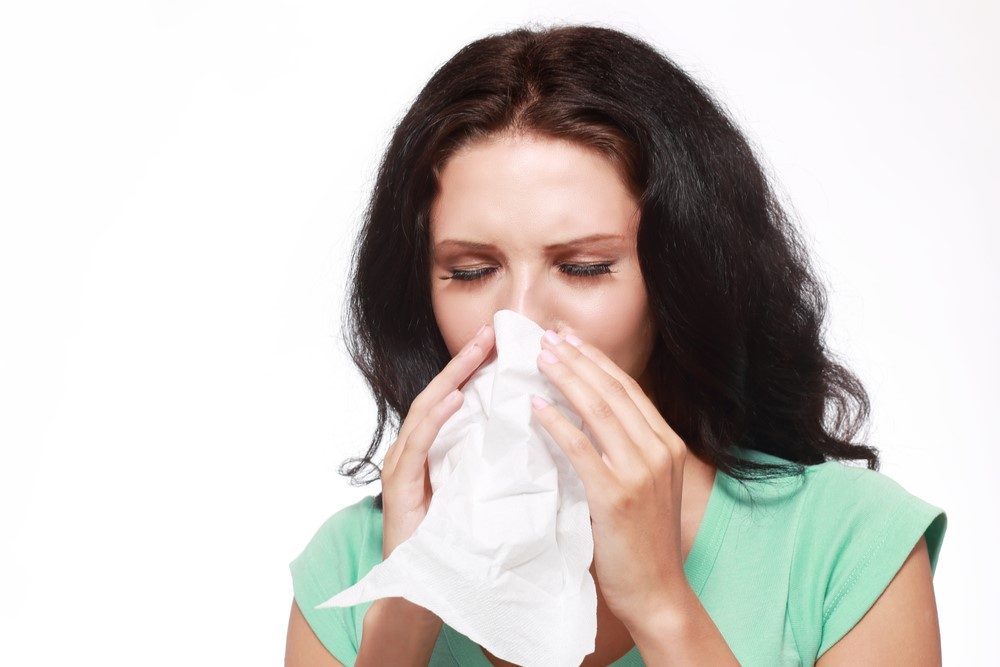First Aid Information for Allergic Reactions

Allergies occur whenever the body’s immune system perceives a substance as harmful and overreacts to it. These substances, also known as allergens, can cause a reaction when the patient inhales or ingests them. The body may release an antibody, called immunoglobulin even when the person simply touches the allergen.
According to The American Academy of Allergy Asthma & Immunology, allergies are among the most common chronic conditions worldwide. Some allergy attacks may cause a mild discomfort while others can put your life at risk if not treated correctly.
Unfortunately, there is no cure for allergies, but like most chronic conditions, patients can learn how to manage them. However, in extreme conditions, allergens can cause anaphylaxis, a life-threatening reaction. According to the Asthma and Allergy Foundation of America, medicines, foods, and insect stings are the most common factor that can cause an anaphylactic shock.
Although providing first aid in case of an allergic reaction can help, rushing the patient to your convenient emergency room in Bryan is vital.
Signs of Mild Allergic Reactions
- Facial swelling;
- Breakouts;
- Tingling sensations;
- Vomiting;
- Abdominal Pain.
First Aid for Mild Reactions
- In case of an insect sting, pull out the sting if it is visible;
- Call an ambulance;
- Try to remain calm and stay with the person;
- Use the adrenaline autoinjector (if they have it)
Signs of an Anaphylactic Shock
- Trouble breathing;
- Tongue swelling;
- Persistent coughing;
- Throat swelling;
- Dizziness.
First Aide for Allergic Reactions
- Lay the person flat. If they are unconscious, put them in a recovery position. If they have trouble breathing while lying down, help them stand.
- Administer the epinephrine;
- Call for help (911) and their family and emergency contact;
- In case the person is unresponsive or not breathing normally, start CPR immediately.
If a person going into shock is also known for having asthma, it’s essential to administer the epinephrine first, and then use the asthma reliever, especially if they are having difficulty breathing.
Don’t let a mild allergic reaction fool you. Even if the person seems to be getting better, it would still be a good idea to take them to Physicians Premier, your neighborhood emergency room in Bryan, and have them treated by a team of professionals.
Sources:
http://www.aafa.org/page/allergy-facts.aspx
http://www.aaaai.org/conditions-and-treatments/allergies
https://www.ncbi.nlm.nih.gov/pmc/articles/PMC3043023/
https://www.allergy.org.au/health-professionals/anaphylaxis-resources/first-aid-for-anaphylaxis


